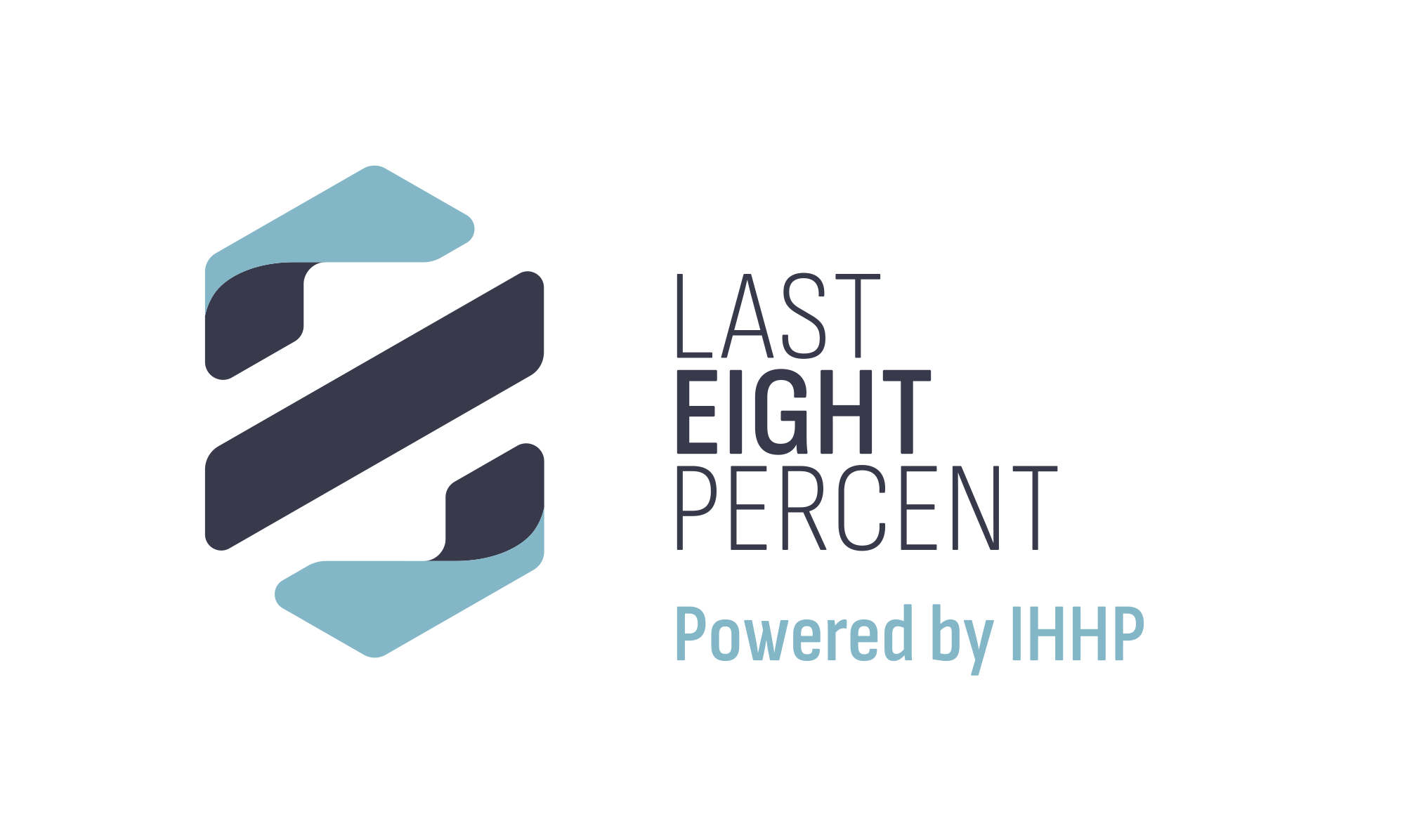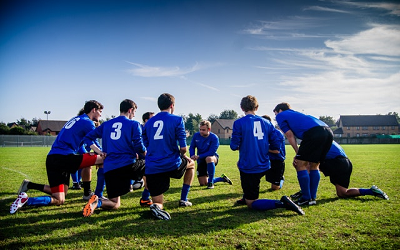Posted By: Greer Campbell, Senior Leadership Consultant at IHHP
I have been with the Institute for Health and Human Potential (IHHP) for just over a year and prior to working here I was aware of emotional intelligence, but it wasn’t something that I deliberately practiced and I certainly did not understand the true power of its application. I have a 16 year old daughter so over the past year, I have had ample opportunity to practice my training!
My daughter has been playing competitive soccer since she was 9 and this season after all these years of flying under the parent radar, I decided to volunteer myself for the position of Team Manager. For anyone that has held this position, I know what you are saying to yourself right now…sucker! It is pretty thankless and much more time consuming than I ever imagined.
A few weeks ago at one of our games there was an altercation with our goalie and an opposing team member. In a melee involving a number of players our goalie was kicked in the face as she inadvertently grabbed the ball out of the box. Our goalie ended up with a yellow card, and the opposing player that kicked her did not receive a foul at all. So, I am sure you can see where this is going. There was a lot of chirping from both parent benches and suddenly our goalie’s dad stood up in the stands and screamed a very inappropriate obscenity at the referee. A classic example of letting our emotions’ gets the best of us.
At this point, the referee turned to me, called me out to the middle of the field and let me know that I had to go over to our parents bench and tell the goalies father that he must leave the field. Although I was in total agreement with the referee, I dreaded the walk over to the parents bench. I was aware that I was triggered and was proud that I was effectively managing my emotions. I was very relieved when the father took the news quite well but on his way out, a group of our parents cheered him in a way that I thought was very disrespectful to the referee.
Here’s where my emotional management plan went out the window. I turned to our parents and yelled, “that is not cool, that is completely inappropriate” and then headed back to the players bench furious. The good news was that I had the remainder of the game to regain my composure and reflect on how I could have handled it better. It also gave me a great opportunity to get the girls feedback and talk to them about how our emotions can really get the better of us. (The key to these conversations is to make it short – eyes glaze over in about 3 minutes!) The best and most surprising part of this story is this. The next day the goalie’s father sent out the following email to the team:
“Good afternoon coach, players and parents,
I would just like to apologize for my behavior last night during the game. After watching [my daughter] being kicked in the face and receiving a yellow card, and seeing that the referee did not even give the player a warning made me very angry. I lost my head and blurted out the words before I realized what I had done. I know as parents we are only to watch and cheer in a proper manner but sometimes it’s hard to watch your kid get mistreated or hurt by others.
Still what I did was wrong, and I am sorry that the girls had to be witness to my anger. I will make sure that I control my temper and emotions from now on.”
Now that’s emotional intelligence in action – I can only imagine the impact this email had on the girls as it was such a great message of accountability. This is a father we all could learn something from and I hope the next time you are on the sidelines cheering your children on, you will think of him.

